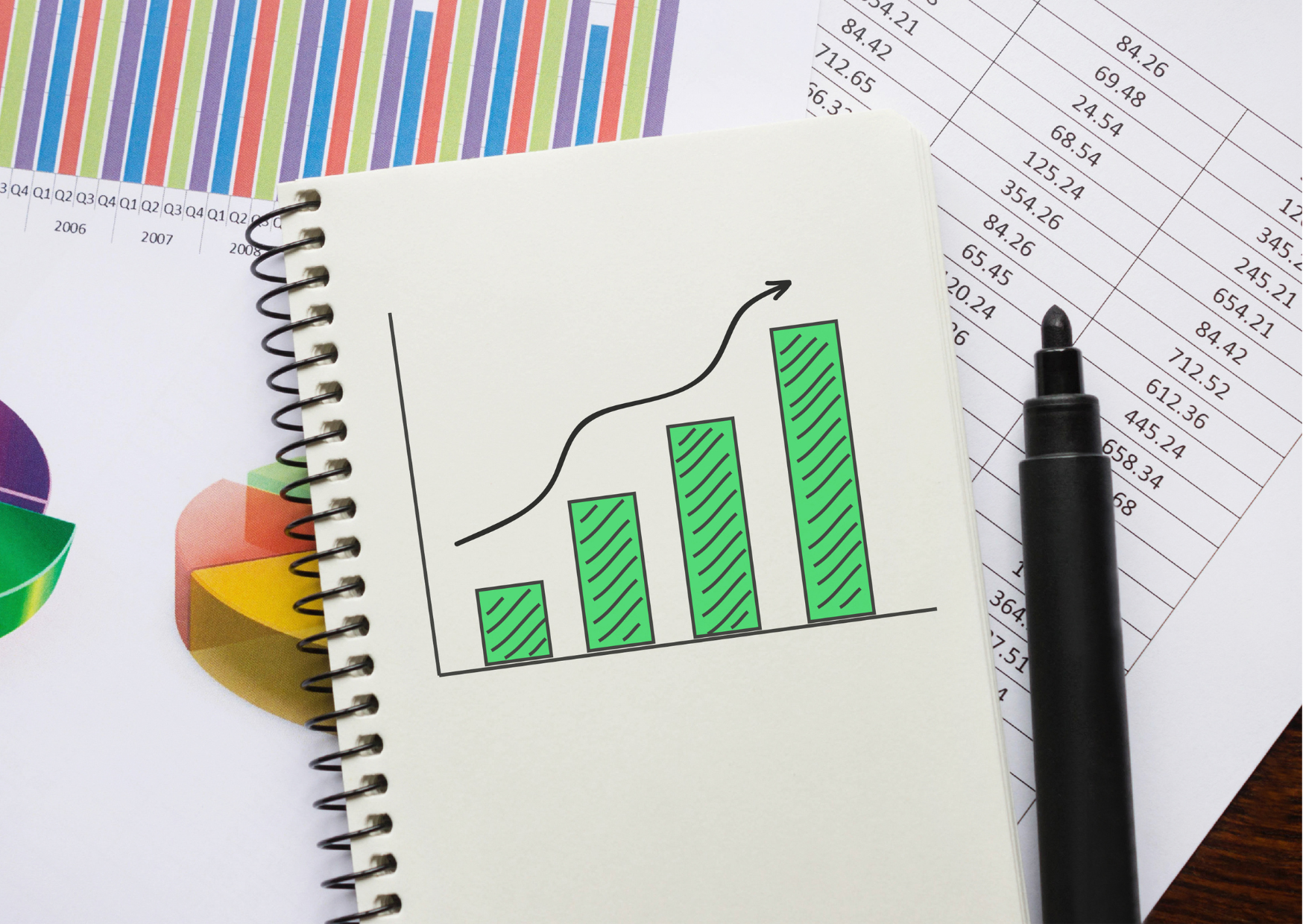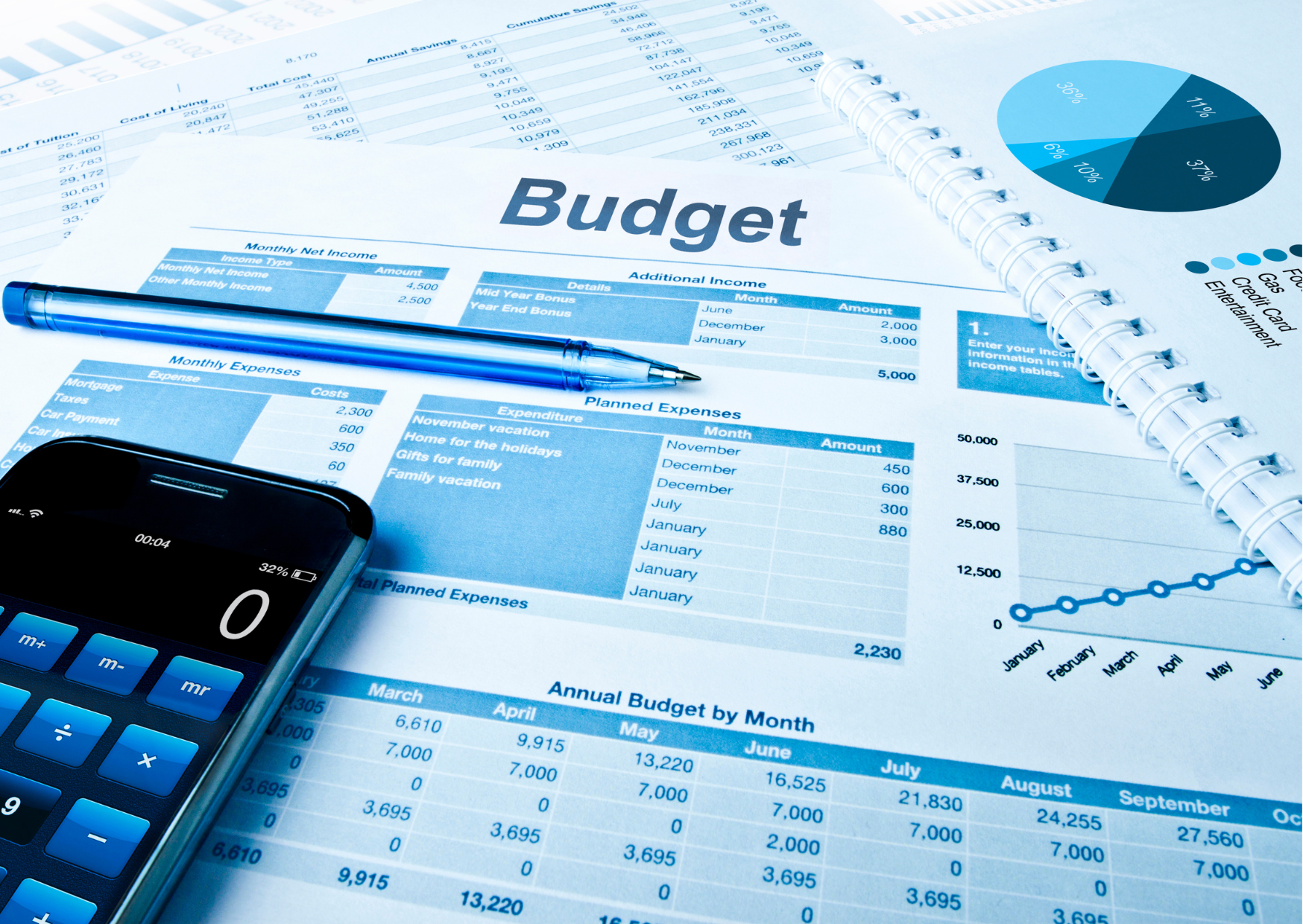Forecasting & Budgeting
Always be ready to adapt to rapidly evolving business conditions with the help of our experienced chartered accountants for your budgeting and forecasting.
Get StartedWhat is budgeting and financial forecasting?
Often being linked together to outline a financial plan, both budgeting and forecasting will encourage you to think about your business model in detail and how any changes will impact you.
Budgeting
Your budget typically includes information about your company’s income, expenses, cash flow, and financial position. It is often prepared a year ahead and stays unchanged.
Forecasting
A financial forecast is a detailed projection of what will happen, normally including key revenue items and overall expenses, but it differs from a budget in that it can be done at various periods. A long-term forecast may span several years and be included in your business plan. Short-term forecasts are mostly done for operational purposes and can be for a week at a time when a business is having cash flow issues.

Why are budgeting and forecasting important?
Budgeting and forecasting services are often used for determining and setting out a company’s short- and long-term financial goals. Budgeting services can be used to detail how a business plan is carried out on a month-to-month basis and how you can achieve your financial goals within your budget.
Forecasting is also extremely important as it utilises historical data and current market conditions to make predictions on how much revenue a company can expect to make over the next few months or years.
Forecasts can be altered as new information becomes available and informs key financial decisions. Both are vital parts of your overall success as understanding more about your business and finances will help you react accordingly to the changing business landscape.
If you’re looking to get external funding for your business from lenders or investors, having a forecast will be very beneficial. This is because it clearly shows the profitability of the business and the return on investment it can offer them. Also, for internal purposes, accurate forecasting helps you set achievable goals and budget accordingly.
What is the difference between budget and forecast?
Despite being very similar, the main difference between a budget and a forecast is their purpose. A budget is used to represent what you want to happen with your business. Whereas, a forecast will give you an insight into what will actually happen and the direction the business is going.


How we can help you
Jan McDermott Chartered Accountants specialise in all areas of accountancy and tax support for businesses, including budgeting and forecasting services. We can help you prepare your budgets and forecasts as well as provide continuous advice to ensure you stay on track to meet the goals you want to achieve. By letting us use our expertise to help with your budget and forecasting you can be assured that you have realistic and achievable financial targets in place without the stress of trying to go too high too quickly.
Get in touch with our specialists today to take control of your budgeting and forecasting.
Frequently Asked Questions
Budgets should always be as detailed and thorough as possible. Generally, your budget should contain the following data:
- All planned revenue – including types of revenue, the value of it, and when to expect it.
- Fixed costs for the business – such as employee salaries, rent, utilities, insurance, property taxes, etc.
- Variable costs – such as supplies, travel and vehicle costs, professional services, maintenance, etc.
If you don’t have a lot of knowledge or experience in this area it can be tempting to jump straight into creating a budget first. However, without a forecast you would end up spending resources on endeavours that aren’t aligned with your ultimate business financial goals. Therefore, it would be better to start with a forecast. When you have a realistic financial projection in place, you can create a budget that will meet your various goals.
When a business forms a financial forecast report, it will organise a time frame for the forecast and then collect all the previous financial documents required around the time period. The report will document, monitor, and analyse crucial data like cash flow, income statements, and balance sheets.
Budgets should ideally be reviewed monthly or quarterly to track progress, assess variances, and make any necessary adjustments. Regular reviews help ensure your business stays aligned with its financial goals.
Popular tools now focus entirely on online platforms, as we move away from traditional spreadsheets. These include specialised cloud-based software such as Xero, or QuickBooks. Many accounting systems also offer integrated budgeting and forecasting features directly within the platform.
Yes, forecasts are based on assumptions, trends, and available data, so they can be affected by unexpected market changes, economic shifts, or internal business challenges. Regularly updating your forecast helps improve accuracy.
Cash flow forecasting helps you predict when money will come in and go out of your business, enabling better planning for expenses, avoiding shortfalls, and ensuring you can meet your obligations on time.
Absolutely. Budgeting is just as critical for small businesses as it is for larger ones. It provides structure, supports informed decision-making, and helps ensure limited resources are allocated efficiently.